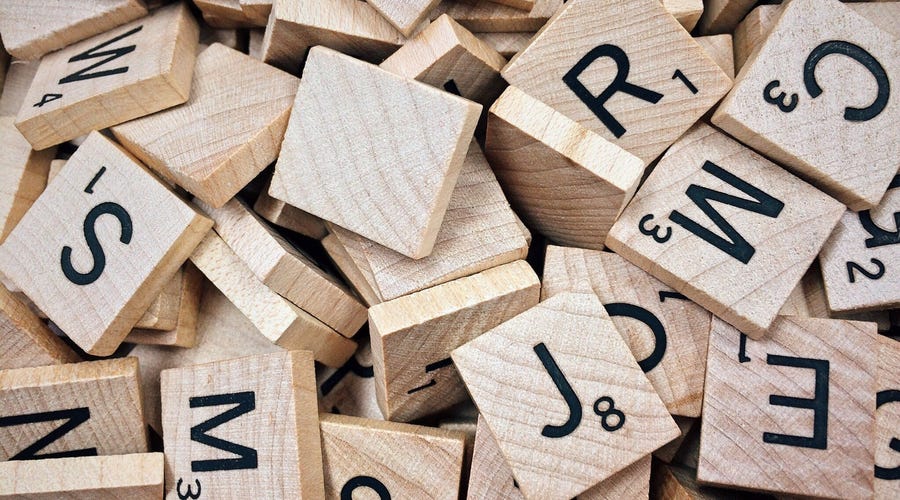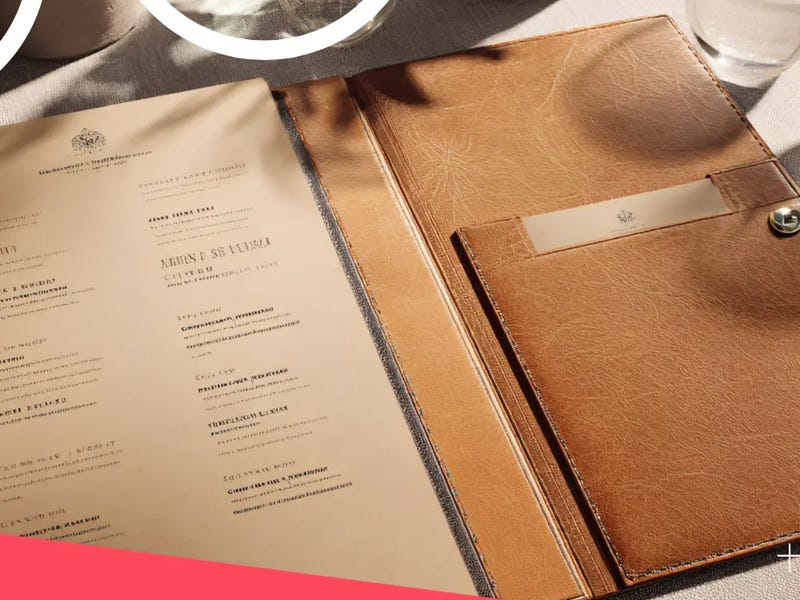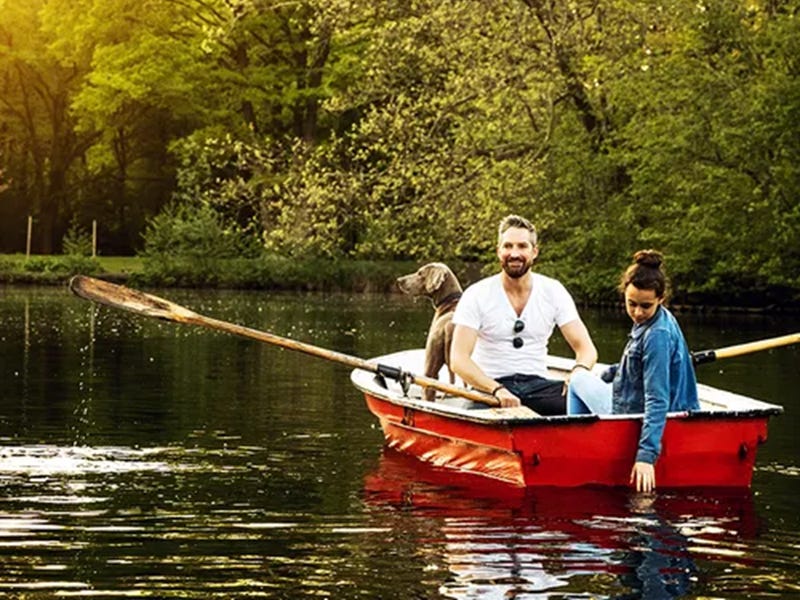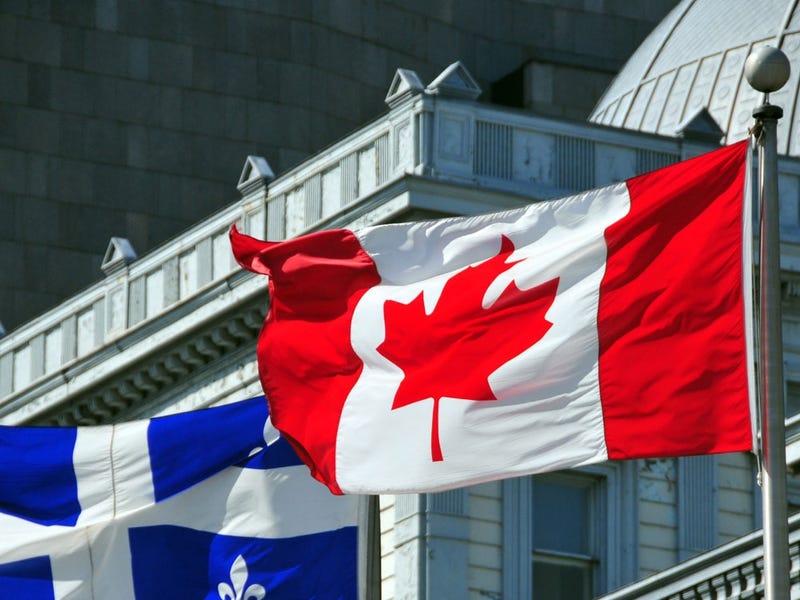
Mastering Canadian Slang: Essential English & Québécois Vocabulary
Author:
Berlitz
Moving to Canada? Planning a visit? Already living here but struggling to understand your colleagues at Tim Hortons? True linguistic fluency goes beyond textbook grammar—it requires mastering the local slang, colloquialisms, and regional vocabulary that make everyday Canadian conversation flow naturally. And in Canada's unique bilingual landscape, that means understanding both English Canadianisms and Québécois French expressions that differ significantly from what you learned in language class.
Updated: December 2025 (Originally published in June 2022)
Table of Contents
- The Essentials of Canadian English Slang
- Decoding Québécois French: Vocabulary Differences
- Beyond Slang: The Cultural Context of Canadian Communication
- Next Steps to True Canadian Fluency
- Key Takeaways: Mastering Canadian Slang for True Fluency
- Frequently Asked Questions
The Essentials of Canadian English Slang
Canadian English has its own distinct flavour, shaped by British roots, American influence, and uniquely Canadian cultural references. Here are the terms you'll hear most often:
Iconic Canadianisms You'll Hear Daily
Eh (pronounced "ay")
This is perhaps the most stereotypical Canadian word, and yes, Canadians really do say it—especially in Eastern Canada. "Eh" is a conversational tag used to invite agreement, confirm understanding, or soften a statement. Think of it as "right?" or "don't you think?"
Example: "Beautiful weather today, eh?"
Toque
A knitted winter hat. Essential Canadian vocabulary for surviving winter, especially if you're heading anywhere north of Toronto between November and March.
Example: "You'll need a good toque if you're visiting Winnipeg in January."
Double-double
A coffee with two creams and two sugars—a Tim Hortons classic order that's become part of Canadian identity. You can also order a "triple-triple" if you really need the sugar rush.
Example: "I'll have a double-double and a Boston cream, please."
Clicks
Slang for kilometres. Canadians use the metric system, so when someone says "It's about 50 clicks away," they mean 50 kilometres.
Example: "The cottage is just 20 clicks north of the city."
Regional and Generational Slang
Chesterfield
An older Canadian term for a sofa or couch, more commonly used by previous generations. You'll still hear it occasionally, particularly from older Canadians.
Give 'er
A distinctly Canadian expression meaning "go for it," "work hard," or "put in maximum effort."
Example: "We've got a tight deadline, so we're really gonna give 'er this week."
Twofer
Often refers to a case of 24 beers (as opposed to a 12-pack). Regional usage varies.
Bum
In Canadian English (and British English), this refers to someone's backside or rear end—not to a homeless person as in American English.
Hollywood North
A nickname for Toronto (and sometimes Vancouver), reflecting Canada's growing film and television production industry.
Ready to confidently use your Canadian vocabulary? Explore our Online English Classes for personalized Canadian conversation practice.
Decoding Québécois French: Vocabulary Differences
If you learned French in school using Parisian or International French resources, you're in for some surprises when you arrive in Québec. Québécois French has evolved independently for centuries, developing its own vocabulary, pronunciation, and expressions that differ significantly from European French.
Key Québécois Vocabulary for Daily Life
Char
A car or automobile. In France, you'd say "voiture," but in Québec, "char" is the everyday term.
Example: "Je prends mon char pour aller au travail." (I'm taking my car to work.)
Magasinage
Shopping. While France uses "faire du shopping" or "faire les courses," Québécois use "magasinage."
Example: "On va faire du magasinage ce weekend?" (Are we going shopping this weekend?)
Souper
Dinner (the evening meal). This is a critical difference: in Québécois French, "souper" means dinner, while "dîner" means lunch.
Dîner
Lunch. In France, "dîner" means dinner, but in Québec it means the midday meal. This vocabulary swap confuses many newcomers.
Serviette
A napkin. While "serviette" exists in European French, Québécois use it more commonly in everyday conversation. "Serviette en papier" is a paper napkin.
Aubaine
A sale or good deal. You'll see "En aubaine!" signs in store windows throughout Québec.
Example: "J'ai trouvé une vraie aubaine sur ce manteau." (I found a real deal on this coat.)
Cinq-à-sept
An after-work social gathering, typically at a bar, literally meaning "five to seven" (5-7 PM). Similar to "happy hour" but with more cultural significance in Québec.
La bise
The air-kiss greeting on the cheeks when women greet each other or when a woman and man greet. While this exists in France, the cultural context and frequency differ in Québec.
Ben là!
A versatile Québécois expression roughly meaning "Well there!" or "Come on!" depending on context. Used frequently in casual conversation to express surprise, agreement, or mild frustration.
Beyond Slang: The Cultural Context of Canadian Communication
Understanding vocabulary is only part of the equation. True fluency requires grasping the cultural communication norms that shape how Canadians use language.
Politeness and Indirectness:
Canadian communication tends toward politeness and indirect phrasing. Canadians often soften requests with "sorry," "excuse me," or "if you don't mind." This isn't weakness—it's cultural courtesy.
Bilingual Awareness:
Even in predominantly English-speaking regions, many Canadians have some French exposure. Don't be surprised if packaging, signs, and official communications appear in both languages. In Québec, French is the official language, and using even basic French greetings demonstrates respect.
Regional Variation:
Canadian English varies significantly by region. Atlantic Canadian English differs from Ontario English, which differs from Western Canadian English. Québécois French itself has regional variations between Montreal, Québec City, and rural areas.
Berlitz's Approach:
At Berlitz, our language instruction goes beyond vocabulary lists and grammar rules. We focus on cultural context and practical communication—teaching you not just what Canadians say, but how and when they say it. This cultural fluency is what transforms textbook knowledge into genuine conversational confidence.
Next Steps to True Canadian Fluency
Mastering slang and regional vocabulary is your gateway to genuine integration in Canadian society. When you understand that "double-double" means coffee and that "souper" means dinner (not soup), you're not just learning words—you're accessing cultural insider knowledge that helps you feel at home.
Whether you're preparing for immigration, planning extended travel, or simply want to communicate more effectively with Canadian colleagues or family, investing in proper language instruction accelerates your journey from functional communication to genuine fluency.
Key Takeaways: Mastering Canadian Slang for True Fluency
- Canadian English has distinct vocabulary beyond textbook learning: Essential Canadianisms include "eh" (conversational tag for agreement), "toque" (winter hat), "double-double" (coffee with two creams/sugars), and "clicks" (kilometres). Regional expressions like "give 'er" (work hard) and generational terms like "chesterfield" (couch) reflect Canada's unique linguistic identity shaped by British roots and American influence.
- Québécois French differs significantly from European French: Key vocabulary shifts include "char" (car, not voiture), "magasinage" (shopping, not faire du shopping), and critically reversed meal terms—"dîner" means lunch and "souper" means dinner in Québec (opposite of France). Expressions like "ben là!" and "cinq-à-sept" (after-work gathering) reflect centuries of independent linguistic evolution.
- Cultural context transforms vocabulary into genuine fluency: Canadian communication emphasizes politeness and indirectness ("sorry," softened requests), bilingual awareness (French-English coexistence even outside Québec), and regional variation (Atlantic vs Ontario vs Western English; Montreal vs Québec City French). Learning not just what Canadians say but how and when to say it—through cultural fluency training—accelerates integration from functional communication to sounding like a local.
Don't just learn the words, master the usage! Sign up for a Berlitz English course or French course today and gain the cultural fluency that makes you sound like a local, not a tourist.
Call us at 1-855-865-0548 to discuss your language learning goals.
Frequently Asked Questions
Q: Is Canadian English different from American English?
A: Yes, Canadian English is distinct from both American and British English, though it shares features with both. Key differences include:
- Vocabulary: Canadians use "toque" (not "beanie"), "washroom" (not "restroom"), "serviette" (not "napkin" in some regions)
- Spelling: Canadians generally follow British spelling conventions (colour, centre, honour) rather than American (color, center, honor)
- Pronunciation: Canadian pronunciation is closer to American than British, but with distinct features like "ou" sounds in words like "about"
The result is a unique English variety that reflects Canada's position between British heritage and American proximity.
Q: Can I get by in Québec with Parisian French, or do I really need to learn Québécois?
A: You can communicate with Parisian/International French in Québec, and people will understand you. However, you'll face challenges:
- Everyday vocabulary differs significantly (char vs. voiture, magasinage vs. shopping)
- Meal terminology is reversed (dîner/souper meaning lunch/dinner in Québec vs. lunch/dinner in France)
- Pronunciation and accent differ substantially, which can affect comprehension initially
Learning Québécois-specific vocabulary and expressions significantly improves your integration, daily interactions, and ability to understand locals. Most importantly, it demonstrates respect for Québec's distinct linguistic identity.
Q: How long does it take to pick up Canadian slang if I already speak English or French?
A: If you already speak English or French fluently, picking up the essential slang and regional vocabulary typically takes a few weeks of immersion in Canadian environments. However, truly mastering the cultural context—knowing when and how to use slang appropriately—takes several months of regular conversation with native speakers.
Berlitz courses accelerate this process by incorporating slang and colloquialisms into lessons from day one, teaching you not just vocabulary but cultural usage. Many students report feeling conversationally comfortable with Canadian expressions within 4-8 weeks of regular instruction combined with real-world practice.
Q: Are there resources for learning Canadian pronunciation specifically?
A: Yes! Berlitz offers pronunciation-focused instruction as part of our language programs. We specifically teach Canadian English pronunciation (not British or American) and Québécois French pronunciation (not Parisian). Our instructors are native or near-native speakers familiar with regional variations, ensuring you learn authentic Canadian speech patterns.
For self-study, listening to Canadian media (CBC Radio, Radio-Canada, Canadian podcasts) helps train your ear to Canadian accents and speech rhythms.


